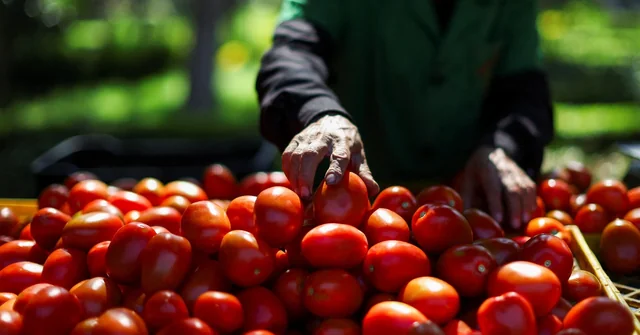The Biden administration is imposing a 21% tariff on Mexican imports of tomatoes, effective July 2025. This action—a component of larger trade policy shifts—may have profound effects on US food prices, supply chains, and relations with Mexico, its largest agricultural trading partner.
Key Details & Implications
1. Why the Tariff?
Shielding US Growers: Florida and California farmers have complained for years Mexican tomatoes are sold at unfairly low prices, damaging domestic producers.
History of Trade Disputes: The US has previously had a 17.5% tariff in 2019, substituted with a suspension agreement in 2023. This increased hike is an indication of stricter enforcement.
2. Economic Impact
Increased Prices: Mexican tomatoes provide ~54% of US imports; shoppers might experience 10-15% price increases on fresh tomatoes, salsa, and processed products.
Supply Chain Risks: Potential short-term shortages as consumers adapt.
Mexican Retaliation: Mexico could contest the tariff at the USMCA dispute panel or retaliate with counter-tariffs on US products (e.g., corn, pork).
3. Political Fallout
US Farmers Split: Florida producers rejoice, Texas/Arizona wholesalers worry about lost sales.
Mexico’s Reaction: President Sheinbaum’s administration deems it “protectionist”, promises to protect farmers.
What’s Next?
July 2025 Deadline: Buyers scramble to stock up before tariffs kick in.
Legal Challenges: Mexican farmers can sue under USMCA rules.
Biden’s Balancing Act: The action threatens to alienate Latino voters in advance of 2026 midterms.
Why This Matters Beyond Tomatoes
Challenges USMCA’s stability as trade tensions increase.
May spark similar tariffs on Mexican berries, cucumbers.








